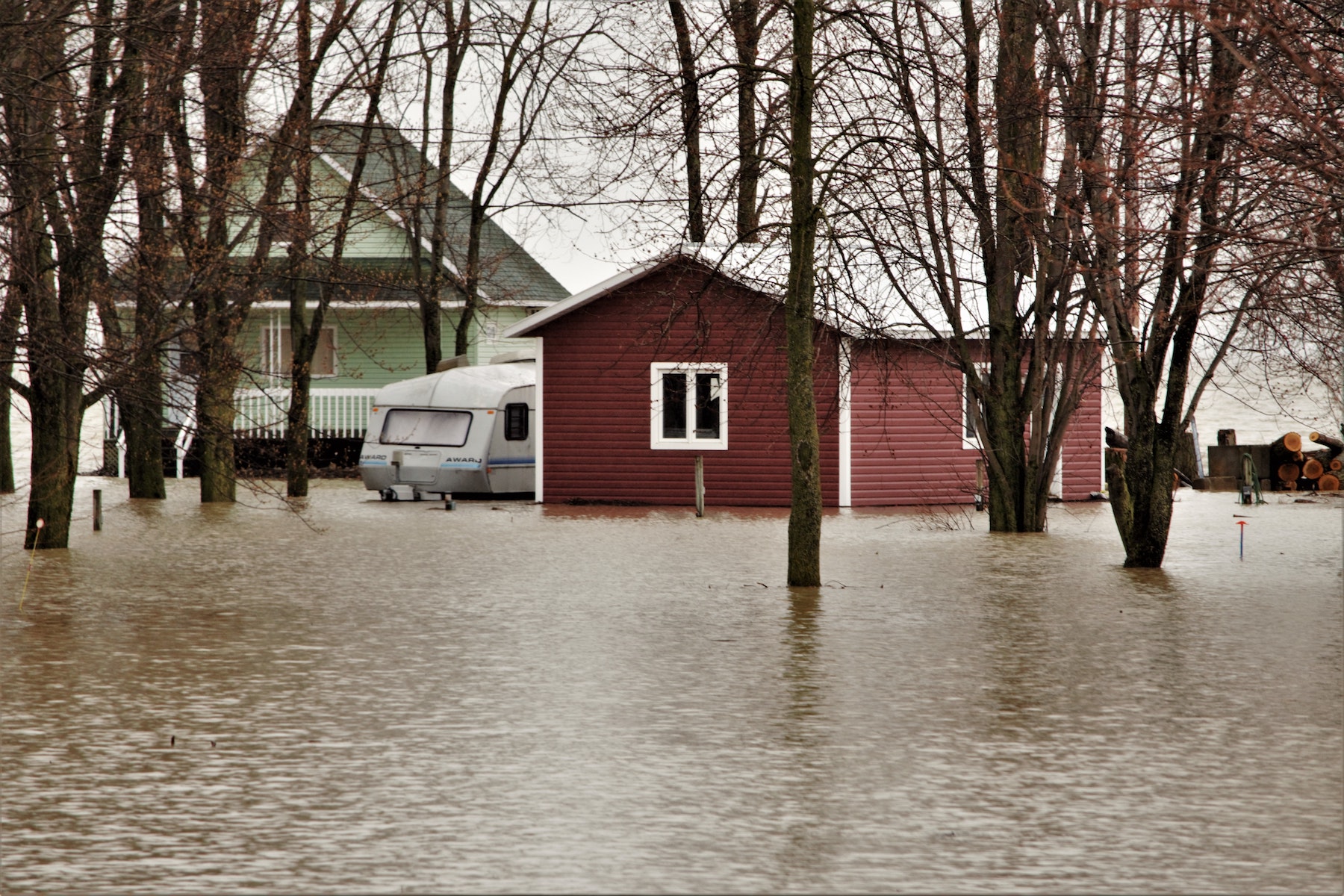The Biden administration’s proposed major overhaul to the National Flood Insurance Program, or NFIP, would drastically alter how Americans protect homes and businesses against flooding.
The administration recently announced 17 legislative proposals that would represent the biggest reform to the NFIP since the program’s inception. One change would be a nationwide disclosure law that would ensure that prospective homeowners and renters have a property’s flood history before signing a contract. Today, 21 states have no such law.
Another proposal would prevent NFIP from issuing any new insurance policies for commercial buildings no matter where they’re located or when they were built because FEMA says it wants to promote growth in the private flood insurance market. Americans hoping to build new homes on eroding beaches and other flood-prone areas would also have to look elsewhere for insurance.
Homeowners would have to go to private insurance companies, which typically charge more expensive insurance premiums. People who hold mortgages on properties that flood multiple times and require insurance payouts of at least $10,000 each time, could lose access to government insurance on their properties after the fourth claim.
The proposals must pass Congress to become law, but there is support from both sides of the political aisle with a view that the status quo is becoming financially unsustainable.
Related Stories
| Nov 23, 2011
USGBC launches app lab for LEED certification process
The U.S. Green Building Council has released the App Lab, a searchable catalog of third-party apps that are integrated with LEED data.
| Nov 23, 2011
Document gives advice on stormwater runoff management
The report, “Rooftops to Rivers II,” provides tips on how cities can use smart infrastructure and green building design to minimize pollution from stormwater runoff and other wastewaters.
| Nov 23, 2011
Zoning changes proposed to make New York City buildings greener
New York City will introduce new zoning proposals next month that would make it easier for building owners to add features that will make their properties more sustainable.
| Nov 18, 2011
AGC offers webinar on Davis-Bacon compliance
Webinar to be held in two sessions, Dec. 7 and 8 from 2:00-3:30 p.m. EST.
| Nov 18, 2011
New green construction code may help push LEED standards higher
The International Green Construction Code (IgCC) is expected to set a floor for building standards and may create the opportunity for LEED certifications to push toward higher ceilings.
| Nov 18, 2011
New OSHA fall safety rule could save contractors money on insurance premiums
The new Occupational Safety and Health Administration rule requiring employers operating in the residential construction industry to use the same methods of fall protection that historically have been used in the commercial construction industry could save them money.
| Nov 18, 2011
Some believe new Austin building code will help mom and pop shops
Austin, Texas has proposed building codes that require wider sidewalks and call for buildings to be closer to sidewalks along a 3.5-mile stretch of highway.
| Nov 11, 2011
AIA: Engineered Brick + Masonry for Commercial Buildings
Earn 1.0 AIA/CES learning units by studying this article and successfully completing the online exam.
| Nov 10, 2011
WaterSense standard for weather-based irrigation controllers unveiled
The U.S. Environmental Protection Agency’s (EPA) WaterSense program has released a final specification for weather-based irrigation controllers—the first outdoor product category eligible to earn the WaterSense label.
| Nov 10, 2011
Advocate seeks noise reduction measures in California building codes
A former chief building inspector for San Francisco wants to enact building codes that would limit noise levels in restaurants and other spaces open to the public.















